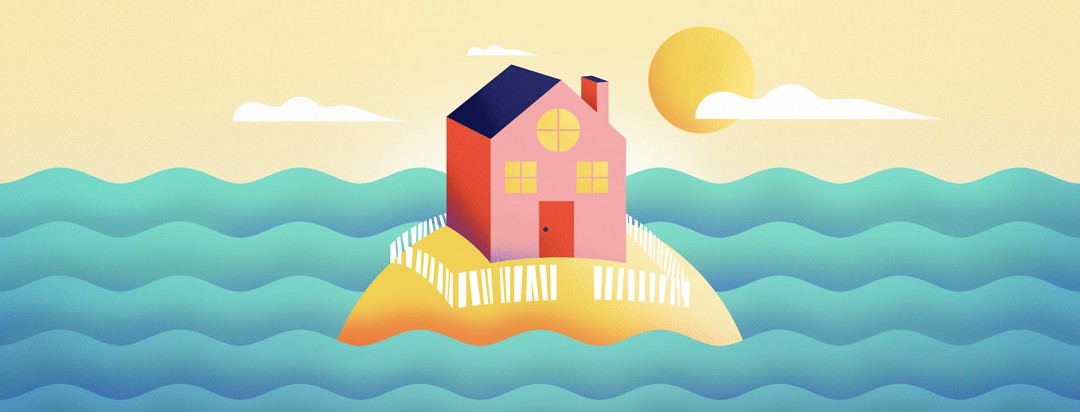Living Alone with Bladder Cancer
Living alone and coping with cancer can be difficult for anyone with a cancer diagnosis. Being alone is hard, and we all know that is a fact. According to CancerCare, there are over 100 million adults in the U.S, and more than 30 million of them live on their own.1 Let me share with you how I live alone and deal with my cancer diagnosis.
Deflecting offers of help
Before my cancer diagnosis, I was entirely independent, and instead of needing assistance, I was the one who would be helping everyone. One of the first things I had to do was be open to receiving help during a difficult time. I found myself many times deflecting offers of help. Even when people asked me, “What can I do for you?,” I would respond with, “Nothing, I am good.” Honestly, it took me a long time to open up and feel comfortable to tell people what they could do to help.
Advice from my sister
I never wanted to feel needy, or a burden, or have to ask for help. I am a strong and active person and can do things on my own, but what I didn’t want to realize is that I would need help and I would need the support of my friends, family and beyond. The first thing I did is listen to my sister who told me, “Curtis, you can’t do this alone.” She talked to me about sharing my journey and starting a GoFundMe campaign. I thought about it for a while. At first, I was not like 'yes that’s a great idea!' It wasn’t about raising money to support me during a difficult time in my life, but it was more about opening up and having an outlet to share my cancer experience.
The support and encouragement energized me
Once I agreed to share my cancer experience publically, the support, love, and encouragement were overwhelming. I did not feel so alone anymore; things started looking brighter. I also joined an online support group as a way to connect with other cancer patients and survivors. The more I shared about my bladder cancer journey, the easier it became to stay positive and energized to crush cancer. It was difficult to share the tough times, like when cancer returned, or scan results were not good; however, I did share those times because they are essential, and the support and encouragement I received and still receive today keep me energized.
Some friends don't know how to be supportive
During those times, it is straightforward to notice who is there for you and who is not. I saw many of my friends were not there providing encouragement, and I had to tell myself that maybe they don’t know how to handle illness or felt uncomfortable, or just didn’t know how to be supportive. Don’t let that make you more feel isolated; remember that they don’t know how to be supportive. Sometimes I even had to make the first contact just by saying, “Hey, how are you? It’s been a while since we have talked.” This would start the conversation, and the friends who did not initially engage with me would start to.
Becoming a bladder cancer advocate
In addition to sharing your story publically, I would recommend becoming an advocate. As I shared my story more and more, I also started to become a bladder cancer advocate, getting involved in bladder cancer organizations to make a difference and connect with other bladder cancer patients, survivors, caregivers, advocates, and health professionals. I would recommend even getting involved in cancer organizations that support cancer issues or creating a policy to pass legislation that has a positive impact on cancer patients. Getting involved and being an advocate helps to build your support network, many services and organizations are willing to help support people with cancer. You can attend camps, social outings, and more options are available to help cancer patients build their support network and build friendships with people going through cancer. While cancer can appear isolating, it is not and does not have to be. Let your cancer diagnosis be a great reminder of how much you are loved and continue to keep crushing cancer.
Editor’s Note: With heavy hearts, we regret to inform readers that on February 27, 2021, Curtis passed away from stage IV bladder cancer. Curtis’s advocacy efforts and writing continue to impact many. He will be deeply missed.
Community Poll
Have you taken our In America survey yet?

Join the conversation